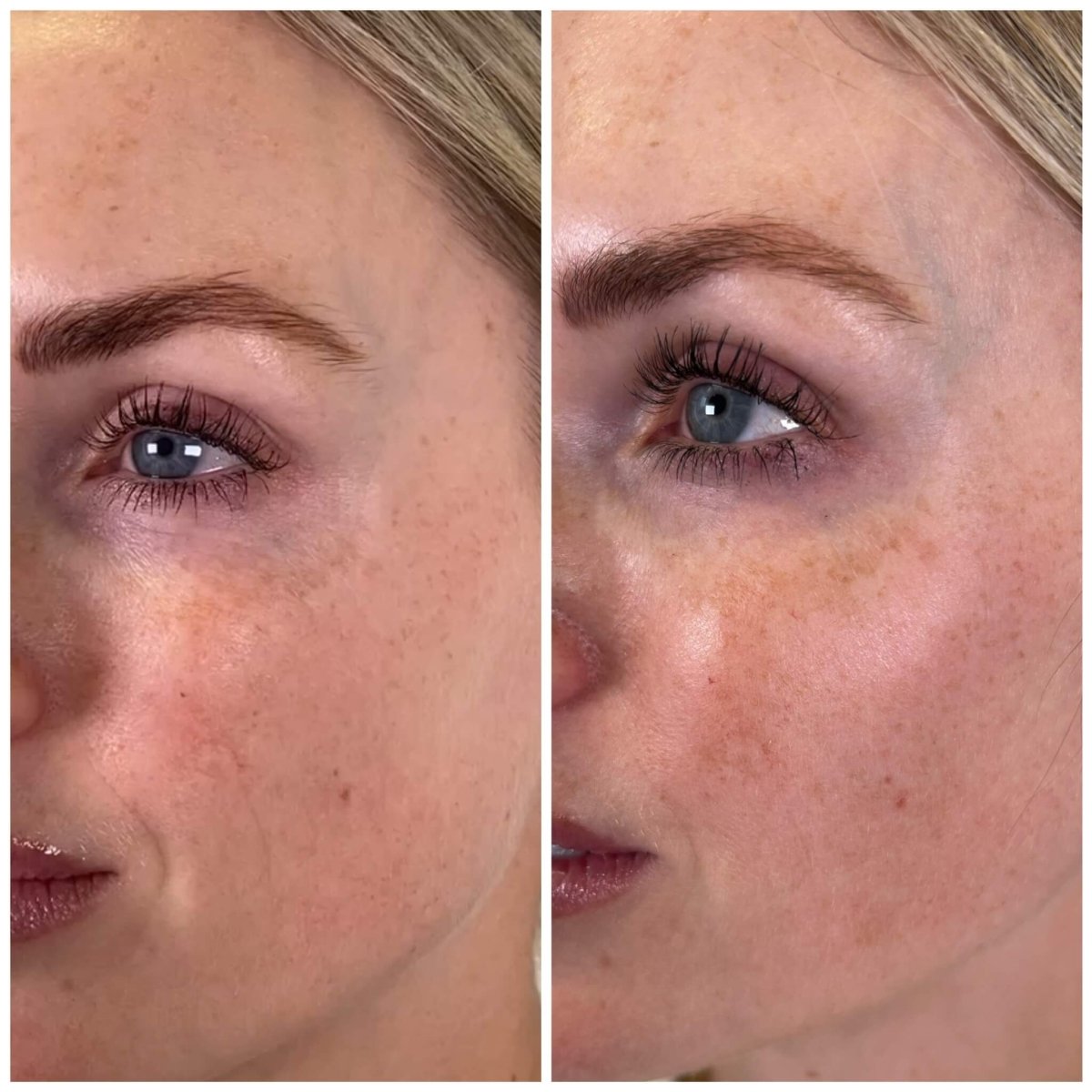Understanding the potential side effects of skin boosters
In this article, we will explore the potential side effects of skin boosters, shedding light on the impacts that these popular cosmetic treatments may have on your skin. With their rising popularity, it is essential to be well-informed about the possible downsides and risks associated with skin boosters. By understanding these potential side effects, you can make informed decisions about your skincare routine and ensure the health and wellness of your skin. So, let's dive deeper into the realm of skin boosters and discover the lesser-known aspects of their usage.
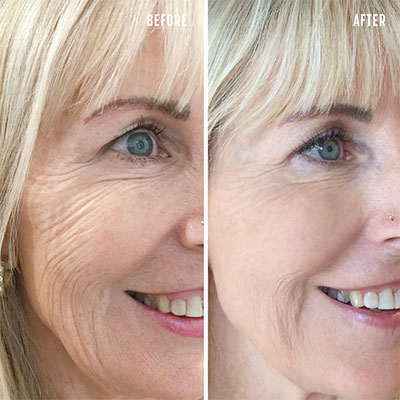
Overview of Skin Boosters
Definition of Skin Boosters
Skin boosters are a type of cosmetic treatment designed to enhance the overall quality and appearance of the skin. They are injectable treatments that consist of hyaluronic acid, vitamins, and other nutrients. Unlike traditional dermal fillers, which add volume to specific areas of the face, skin boosters are used to hydrate and rejuvenate the skin, providing a more radiant and youthful complexion.
How Skin Boosters Work
Skin boosters work by injecting a gel-like substance, typically hyaluronic acid, into the skin. Hyaluronic acid is a natural compound found in the body that helps retain moisture and promotes skin elasticity. When injected, it acts as a moisturizer, attracting water molecules and hydrating the skin from within. This increased hydration not only improves the texture and tone of the skin but also stimulates the production of collagen, a protein that gives the skin its firmness and elasticity. As a result, skin boosters can help reduce the appearance of fine lines and wrinkles, improve skin plumpness, and enhance overall skin radiance.
Common Side Effects of Skin Boosters
Skin Redness and Inflammation
One of the most common side effects of skin boosters is temporary redness and inflammation at the injection sites. This is a normal reaction to the treatment and usually subsides within a few hours to a few days. Applying a cold compress and avoiding excessive heat or exposure to sunlight can help alleviate these symptoms.
Swelling and Bruising
Swelling and bruising may also occur after skin booster injections. This is due to the body's natural response to the injection and the manipulation of the skin. The swelling and bruising are usually mild and resolve on their own within a few days. Using a cold compress and avoiding strenuous activities can help minimize these side effects.
Itching and Irritation
Some individuals may experience temporary itching and irritation at the injection sites. This is typically a result of the body's immune response to the injected substances. Avoiding scratching or rubbing the treated areas and using a gentle moisturizer can help alleviate these symptoms.
Rare Side Effects of Skin Boosters
Hyperpigmentation
Hyperpigmentation, or darkening of the skin, is a rare side effect of skin boosters. It may occur if the injected substances stimulate increased melanin production in certain areas. This side effect is more common in individuals with darker skin tones. If hyperpigmentation occurs, it is usually temporary and fades over time. Sun protection and the use of lightening creams can help speed up the fading process.
Hypopigmentation
In contrast to hyperpigmentation, hypopigmentation refers to the lightening or loss of skin color. Like hyperpigmentation, this side effect is rare and tends to be more noticeable in individuals with darker skin tones. Hypopigmentation can occur if the skin's melanocytes, which produce pigment, are affected by the injected substances. This side effect may be temporary or permanent, depending on the individual. Sun protection and the use of sunless tanning products can help camouflage any noticeable hypopigmentation.
Infection
Although rare, skin boosters can potentially lead to infection if proper hygiene and sterile techniques are not followed during the injection process. Signs of infection may include increased redness, warmth, tenderness, and the presence of pus. If any signs of infection occur, it is important to consult with a medical professional for appropriate treatment. To minimize the risk of infection, it is crucial to choose a qualified and experienced provider who adheres to strict hygiene practices.
Serious Side Effects of Skin Boosters
Allergic Reactions
While uncommon, allergic reactions can occur after skin booster injections. These reactions can range from mild redness and itching to more severe symptoms, such as difficulty breathing and swelling of the face, lips, or tongue. If you experience any signs of an allergic reaction, seek immediate medical attention. It is important to inform your healthcare provider of any known allergies before undergoing skin booster treatment.
Nerve Damage
There is a small risk of nerve damage associated with skin boosters, particularly if the injection is performed incorrectly. Nerve damage can result in temporary or permanent changes in sensation, muscle weakness, or facial asymmetry. To minimize this risk, it is essential to choose a provider who is experienced and skilled in performing skin booster injections.
Scarring
In rare cases, skin boosters may lead to scarring at the injection sites. This can occur if the skin is repeatedly traumatized during the injection process or if an infection develops. Scarring can be permanent and may require additional treatments, such as laser therapy or surgical revision, to improve the appearance. Choosing a qualified and experienced provider can help minimize the risk of scarring.
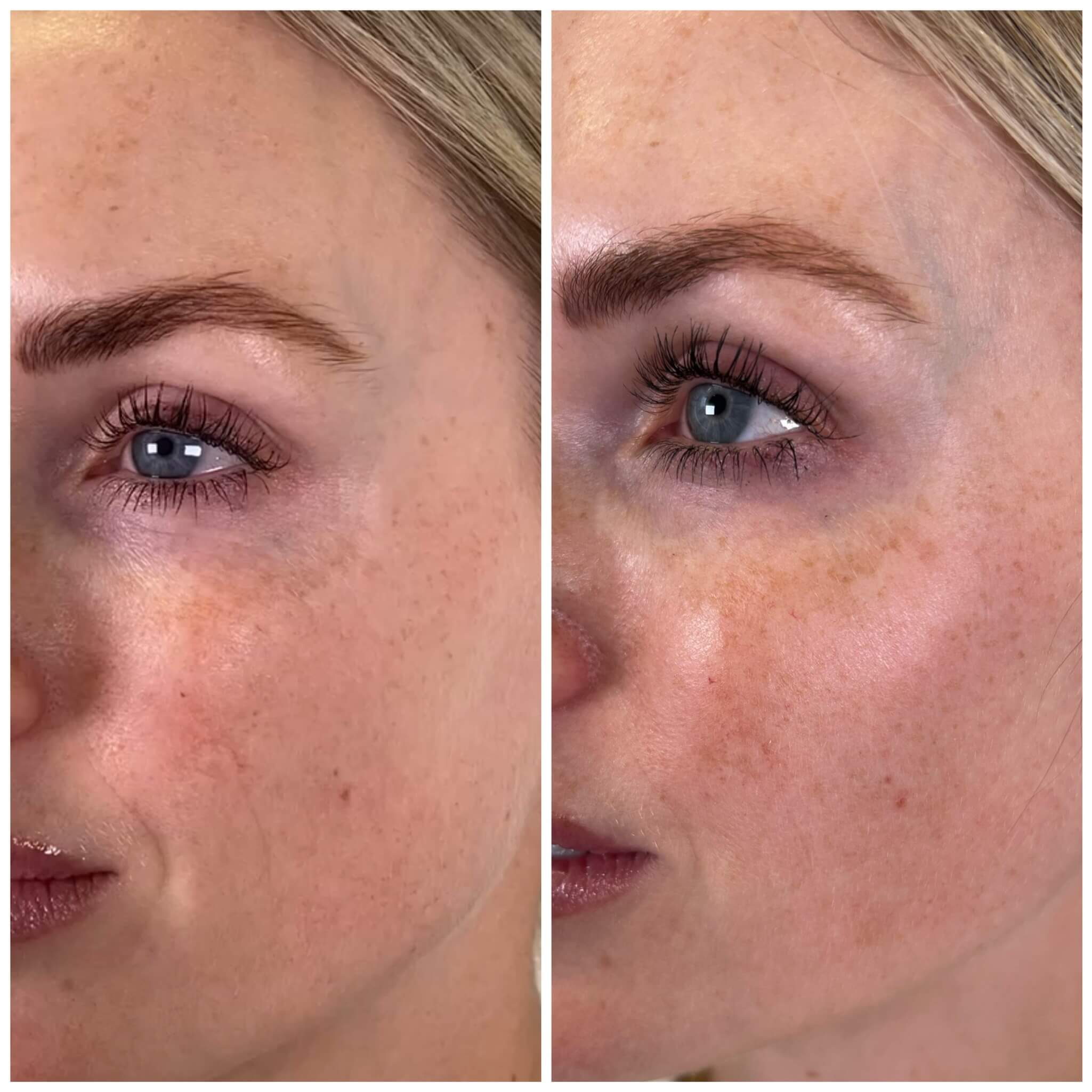
Factors Influencing the Occurrence of Side Effects
Skin Type and Sensitivity
Individuals with sensitive skin or certain skin conditions, such as eczema or rosacea, may be more prone to experiencing side effects from skin boosters. The skin's reaction to the injected substances can vary depending on its overall health and resilience. It is important to discuss any skin concerns or conditions with your provider before undergoing treatment.
Injection Technique and Skill of the Provider
The technique and skill of the provider performing the skin booster injections can greatly influence the occurrence of side effects. A properly trained and experienced provider will have a thorough understanding of the anatomy of the skin and will know how to perform the injections safely and effectively. It is crucial to choose a provider who is licensed, certified, and has a track record of successful treatments.
Product Quality
The quality and composition of the skin boosters used can also impact the likelihood of side effects. It is essential to choose products from reputable manufacturers that adhere to strict quality control standards. Your provider should be able to provide information about the specific products they use and their safety record.
Preventing and Managing Side Effects
Choosing a Qualified and Experienced Provider
One of the most important steps in preventing and managing side effects from skin boosters is choosing a qualified and experienced provider. Research potential providers, read reviews, and ask for before and after photos of their previous patients. A skilled provider will have the knowledge and expertise to minimize the risk of side effects and to address any complications that may arise.
Following Post-Treatment Instructions
Following the post-treatment instructions provided by your provider is crucial in preventing and managing side effects. These instructions may include avoiding excessive sun exposure, abstaining from strenuous activities, and refraining from using certain skincare products or medications. By following these guidelines, you can optimize your healing process and minimize the risk of complications.
Applying Cold Compress and Taking Anti-Inflammatory Medications
If you experience any swelling, redness, or discomfort after skin booster injections, applying a cold compress can help reduce these symptoms. Additionally, your provider may recommend over-the-counter anti-inflammatory medications, such as ibuprofen, to alleviate any pain or inflammation. However, it is important to consult with your provider before taking any medications to ensure they are safe and suitable for your specific situation.
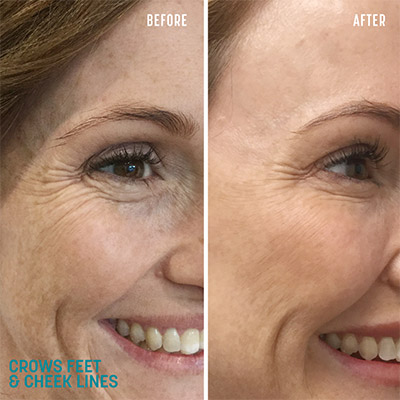
What to Expect During the Healing Process
Immediate Effects After the Treatment
After the skin booster injections, you may experience immediate effects, such as mild swelling and redness at the injection sites. These effects are temporary and typically resolve within a day or two. Some individuals may notice an immediate improvement in skin texture and hydration, while others may require multiple treatments to achieve their desired results. It is important to have realistic expectations and understand that the full effects of the treatment may take several weeks to become apparent.
Recovery Timeline
The recovery timeline after skin booster injections can vary depending on individual factors and the specific treatment performed. Most individuals can resume their daily activities immediately after the treatment. However, it is recommended to avoid strenuous exercise and excessive sun exposure for the first 24 to 48 hours. Any swelling, redness, or bruising should subside within a few days. The skin will gradually improve in texture and tone over the following weeks as collagen production is stimulated.
Long-Term Results and Potential Complications
The long-term results of skin boosters can vary from person to person. Some individuals may experience noticeable improvements in skin texture, hydration, and overall appearance that can last for several months. Others may require periodic maintenance treatments to sustain their desired results. While complications are rare, it is possible to experience allergic reactions, nerve damage, or scarring, as mentioned earlier. Regular follow-up appointments with your provider can help monitor your progress and address any concerns or complications that may arise.
Potential Interactions with Other Treatments or Medications
Combining Skin Boosters with Other Cosmetic Procedures
Skin boosters can often be combined with other cosmetic procedures to achieve enhanced results. However, it is important to consult with your provider and disclose any previous or planned treatments. Some procedures, such as laser resurfacing or chemical peels, may require a waiting period before undergoing skin booster injections to minimize the risk of complications. Your provider will be able to determine the most appropriate treatment plan based on your specific needs and goals.
Using Certain Skincare Products or Medications Simultaneously
Certain skincare products or medications may interact with skin boosters and potentially increase the risk of side effects. It is important to inform your provider about any products or medications you are currently using, including prescription medications, over-the-counter products, and herbal supplements. Your provider can provide guidance on which products are safe to use in conjunction with skin boosters and which ones should be temporarily discontinued.
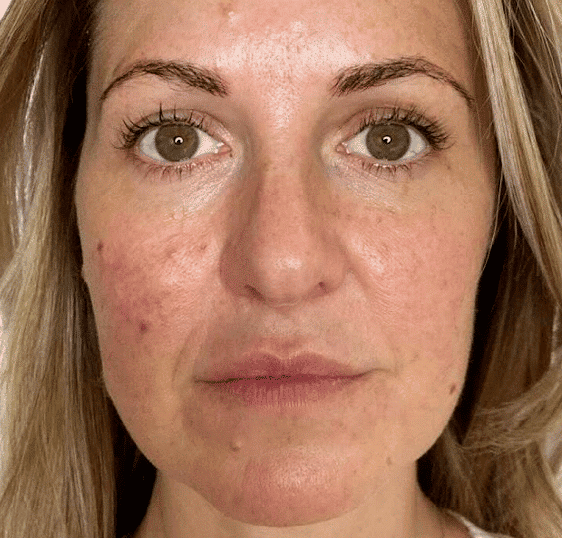
Who Should Avoid Skin Boosters
Pregnant or Breastfeeding Women
Pregnant and breastfeeding women should avoid skin boosters, as there is limited research on the safety of these treatments during pregnancy and lactation. It is always advisable to consult with a healthcare professional before undergoing any cosmetic treatments while pregnant or breastfeeding.
Individuals with Certain Medical Conditions
Individuals with certain medical conditions, such as autoimmune diseases, blood clotting disorders, or active skin infections, should avoid skin boosters. These conditions can increase the risk of complications or interfere with the healing process. It is important to disclose any medical conditions you have to your provider during the consultation process.
People with Known Allergies to the Ingredients
If you have a known allergy to any of the ingredients in skin boosters, such as hyaluronic acid or specific vitamins, it is essential to inform your provider before undergoing treatment. Allergic reactions can range from mild to severe and can have serious consequences. Your provider can recommend alternative treatments or adjust the composition of the skin boosters to minimize the risk of an allergic reaction.
Consultation and Communication with the Provider
Discussing Medical History and Concerns
Before undergoing skin booster treatment, it is important to have a thorough consultation with your provider. During this consultation, you should disclose your complete medical history, including any previous surgeries, allergies, or medical conditions. It is also crucial to discuss your goals, concerns, and expectations for the treatment. This information will help your provider develop a personalized treatment plan and determine whether skin boosters are a suitable option for you.
Asking About Potential Side Effects and Risks
During your consultation, don't hesitate to ask your provider about potential side effects and risks associated with skin boosters. Your provider should be transparent and informative, providing you with a comprehensive understanding of what to expect before, during, and after the treatment. This will allow you to make an informed decision about whether skin boosters are the right choice for you.
Understanding Realistic Expectations
It is important to have realistic expectations when undergoing skin booster treatment. While many individuals experience significant improvements in skin texture, hydration, and overall appearance, the results can vary from person to person. Your provider will be able to assess your specific concerns and goals and discuss the expected outcomes of the treatment. Keep in mind that multiple treatments may be necessary for optimal results, and maintenance treatments may be required to sustain the effects over time.
In conclusion, skin boosters are a popular cosmetic treatment that can provide hydration, rejuvenation, and overall improvement of the skin's appearance. While side effects are generally mild and temporary, it is important to understand the potential risks and complications associated with the treatment. By choosing a qualified and experienced provider, following post-treatment instructions, and maintaining open communication with your provider, you can minimize the risk of side effects and achieve optimal results.

